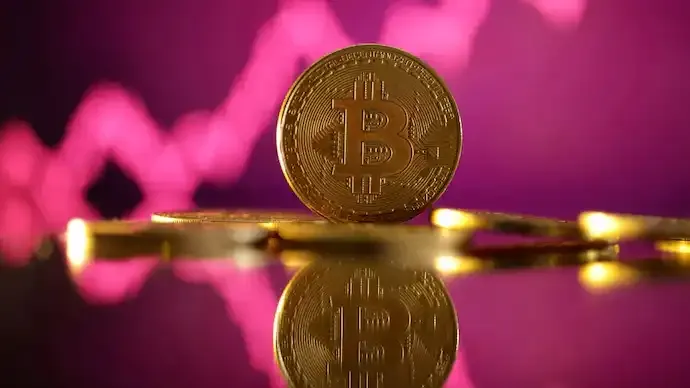Shopping cart
Your cart empty!
Terms of use dolor sit amet consectetur, adipisicing elit. Recusandae provident ullam aperiam quo ad non corrupti sit vel quam repellat ipsa quod sed, repellendus adipisci, ducimus ea modi odio assumenda.
Lorem ipsum dolor sit amet consectetur adipisicing elit. Sequi, cum esse possimus officiis amet ea voluptatibus libero! Dolorum assumenda esse, deserunt ipsum ad iusto! Praesentium error nobis tenetur at, quis nostrum facere excepturi architecto totam.
Lorem ipsum dolor sit amet consectetur adipisicing elit. Inventore, soluta alias eaque modi ipsum sint iusto fugiat vero velit rerum.
Sequi, cum esse possimus officiis amet ea voluptatibus libero! Dolorum assumenda esse, deserunt ipsum ad iusto! Praesentium error nobis tenetur at, quis nostrum facere excepturi architecto totam.
Lorem ipsum dolor sit amet consectetur adipisicing elit. Inventore, soluta alias eaque modi ipsum sint iusto fugiat vero velit rerum.
Dolor sit amet consectetur adipisicing elit. Sequi, cum esse possimus officiis amet ea voluptatibus libero! Dolorum assumenda esse, deserunt ipsum ad iusto! Praesentium error nobis tenetur at, quis nostrum facere excepturi architecto totam.
Lorem ipsum dolor sit amet consectetur adipisicing elit. Inventore, soluta alias eaque modi ipsum sint iusto fugiat vero velit rerum.
Sit amet consectetur adipisicing elit. Sequi, cum esse possimus officiis amet ea voluptatibus libero! Dolorum assumenda esse, deserunt ipsum ad iusto! Praesentium error nobis tenetur at, quis nostrum facere excepturi architecto totam.
Lorem ipsum dolor sit amet consectetur adipisicing elit. Inventore, soluta alias eaque modi ipsum sint iusto fugiat vero velit rerum.
Do you agree to our terms? Sign up

Global market uncertainty, inflation fears, and geopolitical tensions have once again pushed investors toward safe-haven assets. For centuries, gold has held that position as a hedge against inflation and systemic shocks. Today, Bitcoin is increasingly entering the same conversation, viewed by many investors as a digital alternative for long-term wealth preservation.
Gold and Bitcoin appear very different, but their monetary characteristics create parallels:
1. Scarcity
Gold supply grows slowly due to mining difficulty.
Bitcoin has a fixed supply of 21 million coins, with mining difficulty rising via halving cycles.
Both are scarce, independent of government supply, and require energy-intensive processes to produce.
2. Value Driven by Trust
Gold has demonstrated value across thousands of years and remains a core asset in central bank reserves.
Bitcoin, created in 2009, is gaining trust through open blockchain protocols, decentralisation, and institutional participation.
3. Hedge Against Currency Debasement
When fiat currencies weaken, both assets historically strengthen.
Bitcoin behaves like a high-beta version of gold: it follows similar macro trends but with higher volatility and higher upside potential.
Since 2023, Bitcoin’s correlation with gold has held between +0.5 and +0.6, indicating a sustained perception of Bitcoin as a macro hedge asset.
Comparative five-year trend analysis indicates:
Bitcoin outperformed gold on a risk-adjusted basis, delivering higher returns per unit of risk.
Bitcoin’s market capitalisation growth (769%) significantly outpaced gold’s (114%).
Bitcoin’s ETF adoption has accelerated interest. BlackRock’s Bitcoin ETF surpassed the 20-year growth scale of gold ETFs in less than two years.
Central banks continue to accumulate gold. India alone increased reserves from 661 tonnes (2020) to 879 tonnes (2025). China, Russia, and Europe are also expanding gold holdings.
However, sovereign wealth entities are eyeing Bitcoin:
Norway’s sovereign wealth fund increased Bitcoin-linked exposure by 83% in Q2 2025.
US policy groups are discussing a Strategic Bitcoin Reserve.
China reportedly holds billions in seized Bitcoin.
European banking circles, including the Czech National Bank, are reviewing Bitcoin as part of reserve frameworks.
Bitcoin is transitioning from speculative asset to institutional reserve consideration.
Gold remains the established hedge, proven through centuries. Bitcoin represents a digital-era monetary hedge, gaining legitimacy through scarcity, decentralisation, and institutional adoption.
Both assets now serve complementary roles in modern portfolios:
Gold preserves wealth.
Bitcoin represents future-oriented value protection and growth potential.
The ultimate hedge strategy may not be one over the other, but a balanced combination of both.
12
Published: Nov 04, 2025